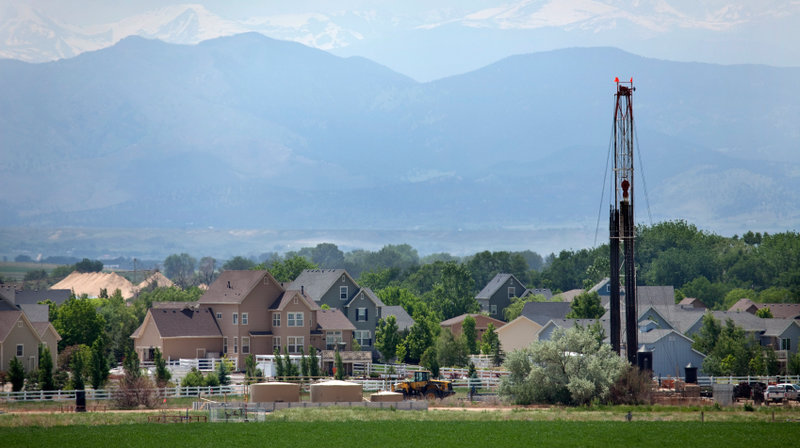CDR is working in cooperation with Resources for the Future (RFF) on a third-party independent assessment of best practices in community engagement in unconventional energy development in the U.S. The research is funded by a generous grant from the Alfred P. Sloan Foundation and will involve extensive interviews with industry, communities, government and non-governmental stakeholders in oil and gas regions in Colorado, Pennsylvania and Texas. The research will focus on case studies where industry practices, protocols and behaviors have shown to be successful in addressing community needs and will examine what worked, why it worked, and whether the practices are transferable to other regions. The findings will help stakeholders better understand the challenges and opportunities surrounding hydraulic fracturing in a regional context and how industry operators have worked with communities to overcome challenges and leverage opportunities.
Industry, communities and local governments need more informed guidance to obtain and maintain a social license to operate. While industry guides list principles and best practices in industry-community engagement, nowhere is there an attempt to assess what actually works, where and why, and how such practices may be adapted to fit various situations. Without such knowledge, industries and communities will continue to butt heads over whether and where hydraulic fracking should occur, how it should occur, and what accountability should exist between the oil and gas industry and local communities. The year-long assessment will be led by CDR Senior Program Manager Todd Bryan, Ph.D. and will be guided by an advisory group composed of regional representatives from industry, government, non-governmental organizations, and field researchers.
For more information, please contact Todd Bryan or visit our energy practice page.

